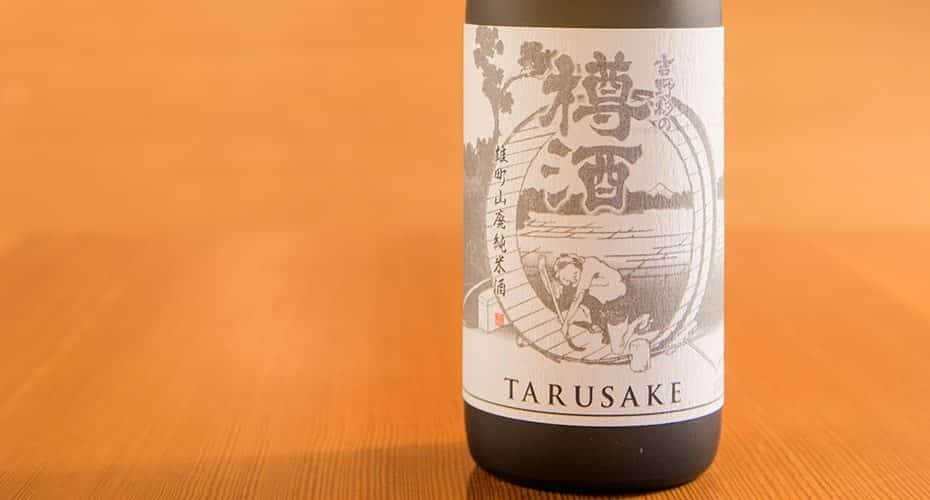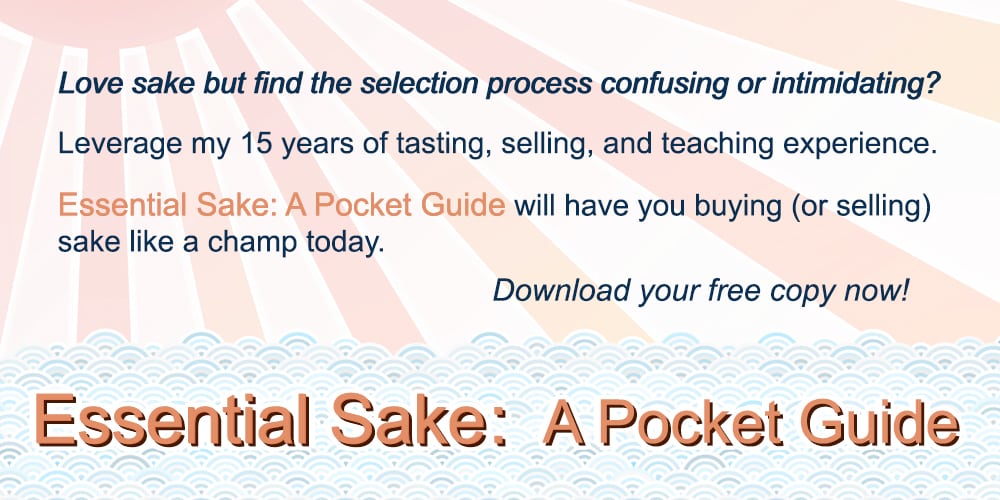Choryo is the king of cedar-aged sake. This Junmai Yamahai made with premium Omachi rice is perhaps the best taru sake in existence.
This post covers why Choryo taruzake is so special, tasting notes for this sake, pairing and service recommendations, and where to buy your own.
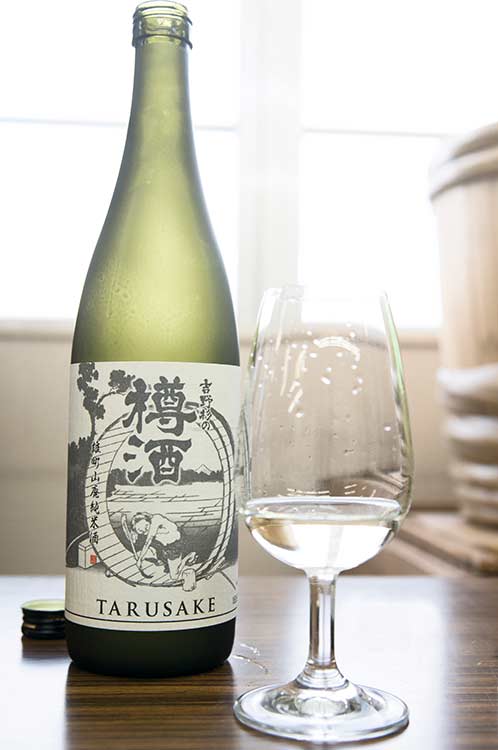
Shop Online Retailers of Choryo Junmai Tarusake
We may earn commissions from qualifying purchases.
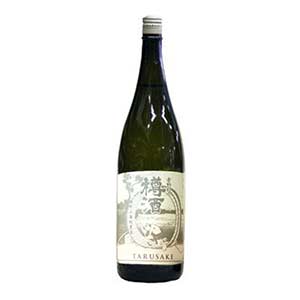
Choryo Junmai Tarusake Tasting Notes
Choryo’s premium Taru sake and brewed with the sacred Omachi sake rice grain using the yamahai method.
It’s a modestly fragrant Junmai showing fresh cedar, vanilla, and a bouquet of flowers. Upfront, Choryo Junmai Tarusake is slightly sweet, but it finishes with a drying wave of acidity. It’s somewhat bigger-bodied.
Additional tasting notes include sushi rice, mint, peach skin, and green apple skin.
Overall, this is an elegant and complex cedar-aged sake.
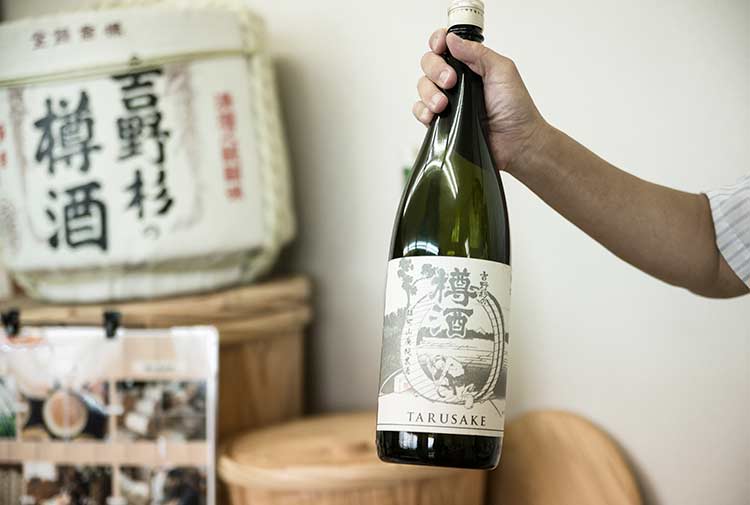
Choryo Sake – King of Taruzake
The story of Choryo Junmai Tarusake is an evolution of their original cedar-aged sake: Yoshinosugi no Tarusake (吉野杉の樽), which is a futsu-shu. The use of cedar tanks and barrels completely ceased once modern stainless steel took hold.
Choryo (長龍) was the first to bring back taruzake, in 1964. This new taru sake spent much less time in cedar than was used in the past. Since its introduction, this sake has been the quintessential representation of the taru style.
The uncharred cedar casks are coopered by Choryo. For Yoshinosugi no Tarusake, they use barrels up to three times. The sake is aged in them for around three weeks.
For premium Choryo Junmai Tarusake, the cedar barrels are all used once before. New, more intensely-flavored cedar barrels are used for the flagship Yoshinosugi no Taru Sake – and up to three times. Both are stored for up to 3 weeks in these barrels.
Only the koutsuki part of the cedar is used. This middle layer provides the most balanced flavor – not too strong, not too light. Other brewers often use the stronger-flavored, red interior layer.
The Yoshinosugi name is derived from the premium cedar (sugi 杉) used from the nearby forests of Yoshino (吉野).
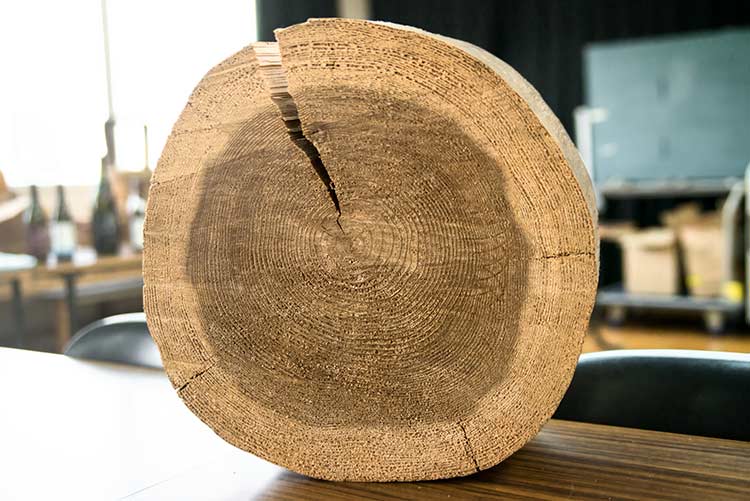
Choryo Yamahai Sakes
Choryo is known for taruzake, but they also frequently the yamahai method of shubo production. They tend to do this at a lower temperature and for a longer period of time. This leads to a lighter, less intense character than is typical with the yamahai style.
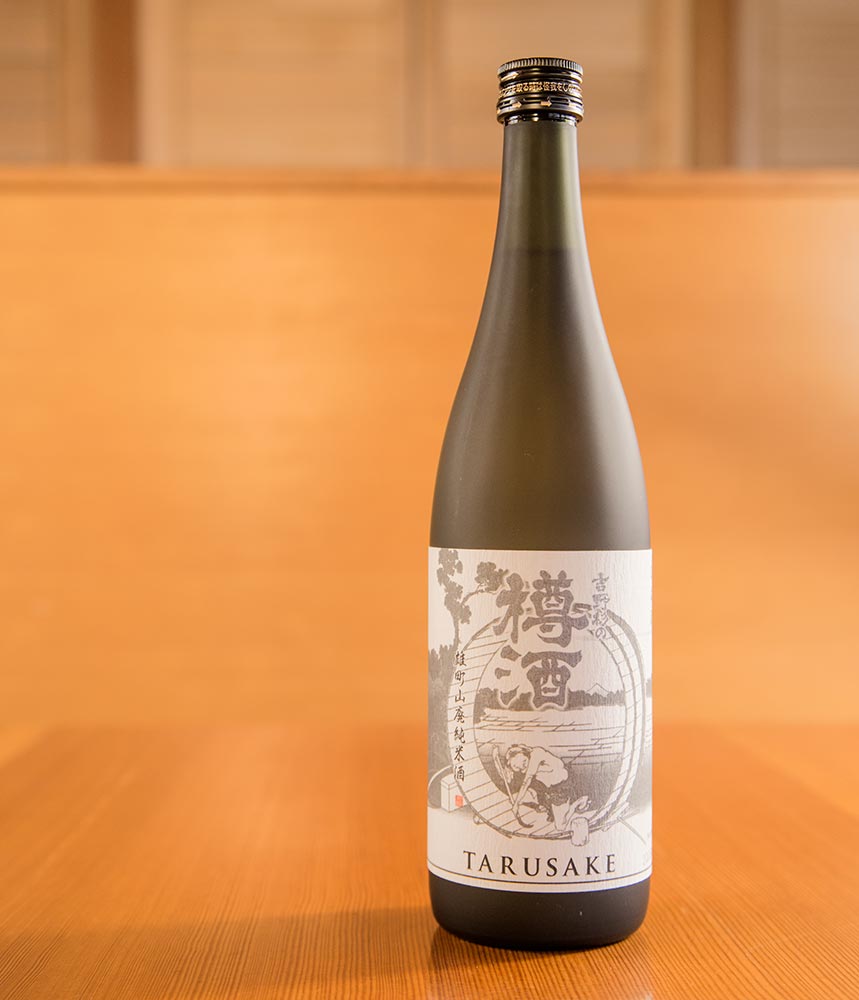
Serving Choryo Taru Junmai
Choryo Junmai Tarusake is quite good at a wide range of temperatures from chilled to piping hot. When chilled it is softer in texture, bigger-bodied, and fruitier.
Upon heating, Choryo Junmai Tarusake tastes lighter but also sharper with a faint bitterness.
Choryo Taruzake Pairing Recommendations
Cedar-plank roasted salmon is a must with this Choryo Junmai Tarusake. Much more broadly: salmon and other oily fish like bonito and mackerel should pair well.
Funky cheese, duck, and soba are also recommended.
If you’re in Nara, look out for regional Nara dishes like Narazuke and Miwa somen.
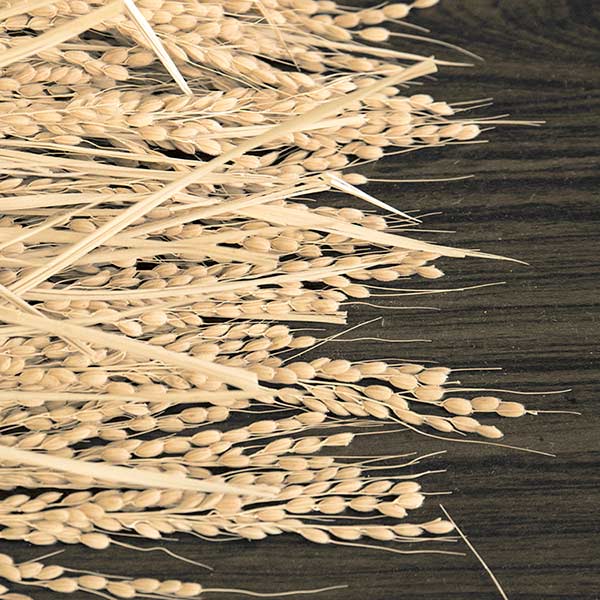
Choryo Product Info
Choryo Junmai (純米) Yamahai (山廃) Taruzake (樽酒) Omachi
Rice: Omachi (雄町) milled to 68%
SMV: +1 Acid: 1.4 ABV: 14-15%
Choryo Sake Brewery
BREWERY: Choryo Shuzo (長龍酒造) LOCATION: Koryo, Nara (奈良)
EST: 1923 English Site / 日本語
The Choryo Brewery is the king of taru sake, and one of Nara prefecture’s elite sake producers. From their relatively recent inception, they have made sake aged in cedar casks, a practice that had died out post-stainless steel and glass. They use Yoshino cedar for their barrels which they cooper in-house.
But Choryo Shuzo is not limited to the eccentricities of taru sake. Their Futaho (ふた穂) brand also features some fantastic products. In addition to this, the Choryo Brewery brews a lot of Kimoto, Yamahai (in a lighter style), and Koshu sake. The brewery’s filtered water is from the Yoshino River and is soft.
READ MORE ABOUT Choryo Brewery
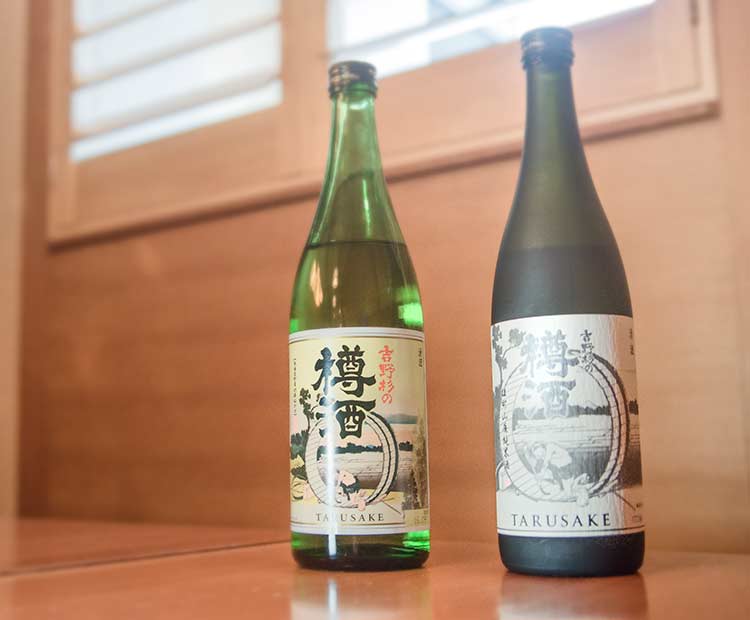
Follow the Japanese Bar on Social Media
Connect with our latest posts, the newest Japanese beverage info, and get exclusive promotional offers. Level-up your Japanese sake IQ!
